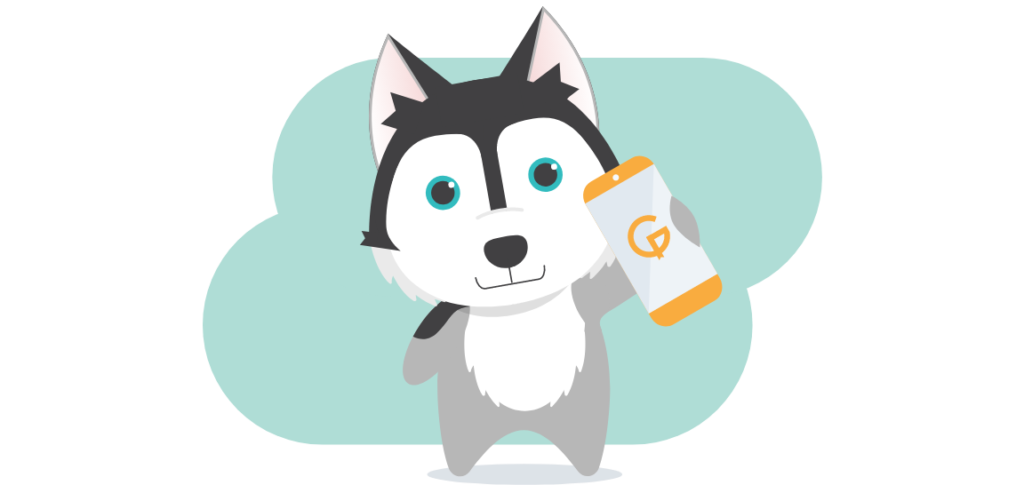Whether you are just starting out with a new business or have been doing this for years, small business ownership can be overwhelming. This can be especially true when searching to find insurance policies that suit your business. The good news is that business insurance doesn’t need to be complicated. Today, we will discuss the insurance essentials of a bookkeeping business.
General Liability Policy
General liability is perhaps the business insurance coverage that people are most familiar with. It is a foundational policy, the minimum any practice should consider. Essentially, general liability insurance is just what it sounds like. It provides general protection against common business risks when engaging with the public and clients. This type of policy mainly focuses on the risks and expenses related to the bodily injuries and property damage of others.
While more and more businesses transition to the all-digital remote operating realm, accounting is one of those industries where in-person interactions are still prevalent. Many accounting firms are still conducting business in physical locations. Though, it tends to be more hybrid in nature these days. And if your business is one of them, general liability is a coverage you definitely should consider.
Perhaps you’re sitting in your company’s office at this very moment. Maybe you are looking around and thinking that an accident would be impossible. What’s the likelihood that any of your clients would be injured? Or their property damaged, during their annual in-person tax review? But take a closer look. Any loose rugs in the office? Dim lighting? Any snow being tracked inside? What’s the average age of your clients? Accidents can—and will—happen. You certainly do not want to be caught without insurance when they do.
Business Owner’s Policy
The next insurance essentials of a bookkeeping business is a business owner’s policy, commonly referred to as a “BOP”. A BOP is a combination coverage. It provides general liability policy offerings, with additional property protections.
Simply put. . .
General Liability + Property Liability = BOP
The additional property protections in a BOP mainly focuses on protecting your business’ property, moving beyond a general liability policy, which typically focuses on the property of others. For accounting practices, a BOP becomes important when one considers the office furniture, business equipment, and commercial property holdings of the business. If your practice has invested in these types of items, then a BOP, rather than a general liability policy, may be more appropriate for your business.
Another unique feature of a BOP is business income interruption offerings. In the chance that your practice has to temporarily close its doors due to a covered cause outlined in your policy, such as a fire, business income protections will help cover your business’ operating expenses like payroll and monthly bills, as well as, assist in replacing lost income.
So naturally, the question now becomes, does my business need a general liability policy or a BOP? Because truly, you should start with one of them. Remember, general liability is the floor. . the foundational policy. . .the minimum level of coverage for your business.
But, a general liability policy may not be enough coverage for your business’ day-to-day operations. Your practice may be ready to upgrade to a BOP if it employs multiple people, has invested in computers and other business equipment for those employees, or owns the building it operates out of. If your risks are broader, then so too should be your policy selection.
Professional Liability Policy
After you’ve selected a policy to cover your everyday business exposures, as outlined above, it’s time to address those risks inherent to tax preparation, bookkeeping, and accounting professions themselves. Professional liability insurance, also referred to as errors and omissions insurance or E&O insurance, protects you and your practice against claims of inaccuracy, omissions, or misrepresentation. When the expertise and skill of you and your employees is your business, an E&O policy should be highly considered.
A professional liability policy may provide protections not only in drastic scenarios, such as lawsuits arising out of mathematical errors, but also, from the risks of client dissatisfaction, namely, issues surrounding missed deadlines or inaccurate projections. To believe that you or anyone in your practice is impervious to mistakes is wishful thinking. Even if you, or someone on your team, makes an unintentional mistake, it doesn’t change the fact that your clients may have the right to sue you for damages they incurred.
Factors In Pricing
First, the size of your company plays a role in determining what these insurance premiums will cost. It’s seemingly straightforward: the more people you have working for you, the more business generated, and therefore, the more risk exposures, whether professional or physical, are created.
Also, the physical location of your practice and the types of services performed are also important factors. As you might have guessed, firms located in coastal cities like San Diego or Boston likely cost more to insure than firms residing further inland. As for services, if your practice provides tax advice for companies on the S&P 500, with their numerous regulatory requirements, rather than servicing small business owners or private citizens, the risk exposures and the likelihood of claims, increases.
In addition, your business’s history of claims may have an effect on your premium costs. Let’s use car insurance as an example. If a person has a history of auto accidents, that person should expect to pay higher premiums because auto insurance providers classify them as high-risk. If your business has a history of lawsuits, you can expect a similar scenario for the pricing on your business insurance.
At the same time, if you want to have the most comprehensive insurance impossible with higher limits, you will pay more. Again, from an insurance provider’s standpoint, it’s seemingly straightforward: the greater the potential for them having to pay out large sums of monies, the higher your cost will be.
What Do I Do Next?
We have explained the insurance essentials of a bookkeeping business. Now, you are ready to start shopping for an insurance policy. But finding the right one is almost as tricky as buying a new home. There are so many companies to choose from that the deciding factor often comes down to sheer exhaustion rather than settling on a company that is the best fit. The good news is that this doesn’t need to be your experience.
Insurance may not be the most exciting topic (and that’s coming from people who work in the industry), but at the very least, finding the right insurance can be a more pleasant experience. Head to our site and meet Gildber (that’s our adorable husky digital assistant). He’ll help get you started with personalized information that you can then use to take your business to the next level. If want additional information other than the insurance essentials of a bookkeeping business, head on over to the Gild Insurance site.
We’ll see you there!
Sources:
- Boop, Gregory. “Do I Have to Buy Workers Compensation Insurance?” The Balance Small Business. The Balance Small Business, December 19, 2019. https://www.thebalancesmb.com/how-does-workers-compensation-operate-in-my-state-462786#:~:text=Texas%20and%20Oklahoma,are%20obligated%20to%20buy%20insurance.).
- “Safety Topics”, National Safety Council, Accessed August 5, 2022. https://www.nsc.org/work-safety/safety-topics/slips-trips-falls
- “Business Owners Playbook”, The Hartford, Accessed, August 5, 2022. https://www.thehartford.com/sites/playbook/smallbusiness/files/DemystifyingInsurance.pdf
- Frankenfield, Jake. “Errors and Omissions Insurance (E&O).” Investopedia. Investopedia, June 29, 2022. https://www.investopedia.com/terms/e/errors-omissions-insurance.asp.
- “Professional Liability Insurance | the Hartford.” Accessed August 5, 2022. https://www.thehartford.com/professional-liability-insurance.
- “General Liability For Accountants.” Accessed August 5, 2022. https://www.hiscox.com/small-business-insurance/professional-business-insurance/accountant-insurance
- “What Is a Businessowners Policy (BOP).” Nationwide. Accessed August 5, 2022. https://www.nationwide.com/lc/resources/small-business/articles/what-is-a-business-owners-policy.




